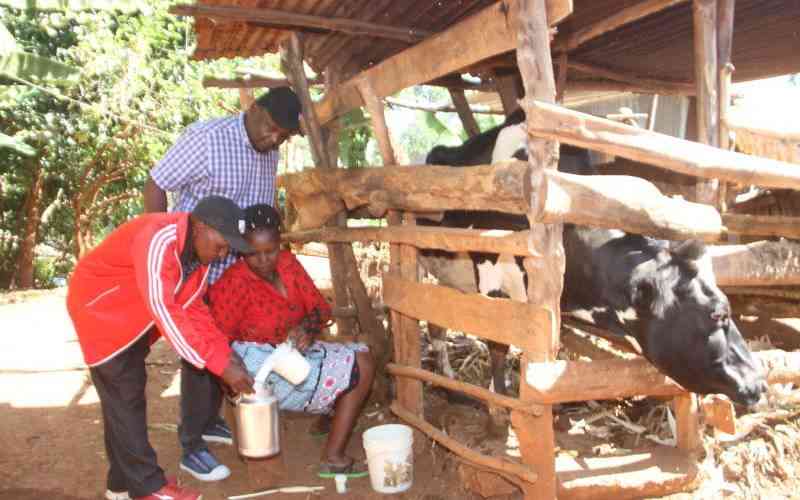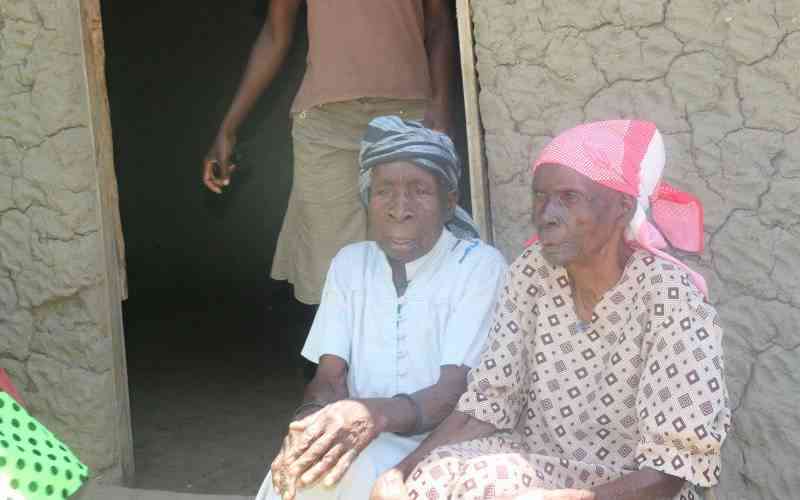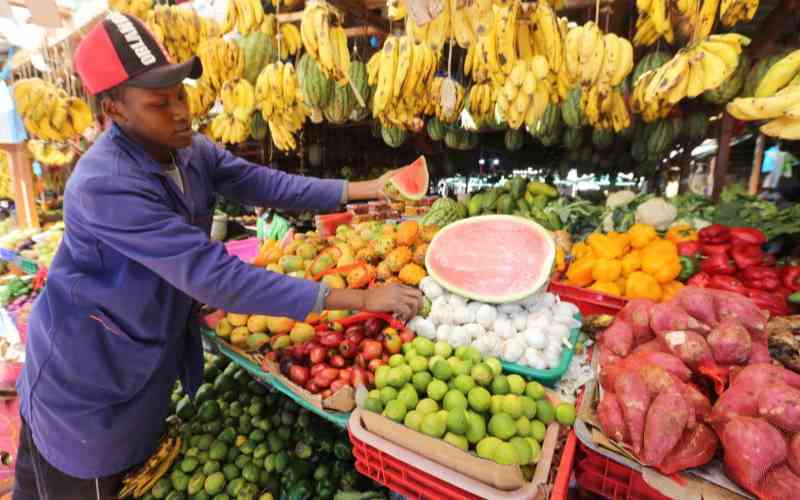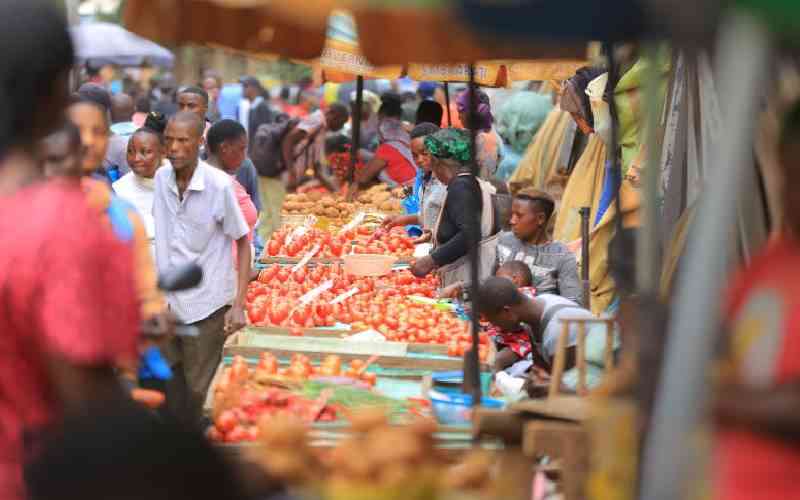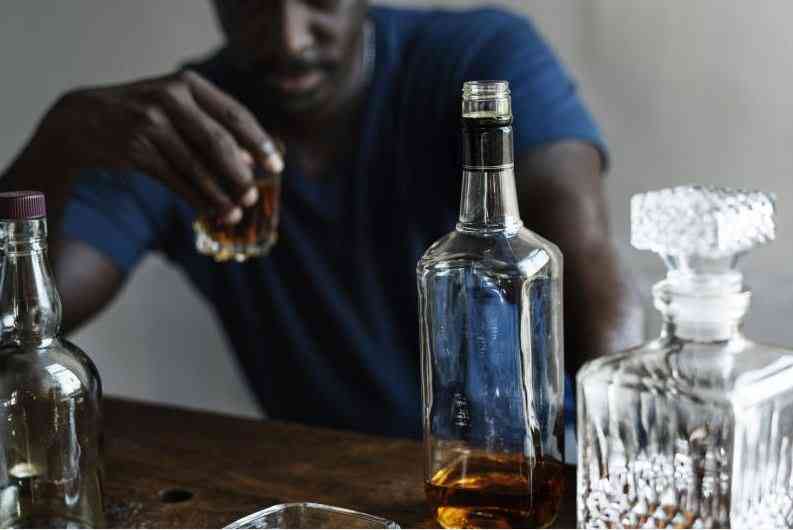
If you are under 21, the government wants you nowhere near a bottle of alcohol, not in the bar, not even in a wines and spirit shop where it is sold.
That is one of the proposals outlined in a policy document spearheaded by the National Authority for the Campaign Against Alcohol and Drug Abuse (NACADA), a policy that could drastically reshape the alcohol landscape in the country.
The new National Policy for the Prevention, Management and Control of Alcohol, Drugs and Substance Abuse raises the legal drinking age from 18 to 21, part of what NACADA describe as an effort to safeguard society from the harmful effects of alcohol.
"There should be no person below the age of 21 allowed to access or enter any alcohol selling outlets whether alone or accompanied,” the policy states.
According to a 2022 national survey by NACADA in partnership with KNBS, children as young as seven are now consuming alcohol.
Among the 15–24-year-old age group, 1 in every 11 youths is currently using at least one drug or substance, while 1 in every 20 consumes alcohol.
The figures are even starker for 25–35-year-olds, where 1 in every 7 is a current alcohol user.
“The burden of addiction in Kenya is severe. Without immediate action, the public health and socioeconomic consequences will continue to escalate,” the policy states.
According to Kipchumba Murkomen, the cabinet secretary for Interior and National Administration, the policy is a renewed commitment by the Government to secure the health, safety, and future of every citizen, particularly the youth.
“Drug and substance abuse and illicit trafficking fuel crime, compromise public health, undermine the potential of our youth, destabilize families and erode the very fabric of our communities,” said Murkomen.
But raising the legal drinking age is just the beginning.
The policy proposes to ban the sale of alcohol in supermarkets, online platforms, vending machines, restaurants, home deliveries, and even bars located within 300 meters of any learning institution.
Public consumption will also be tightly restricted. Drinking in public parks, beaches, hospitals, bus stops, petrol stations, and even restaurants and clubs will be prohibited if the proposals are adopted.
Additionally, advertising and marketing will take a major hit. The policy seeks to ban all forms of alcohol promotion targeting people under 21, including celebrity endorsements, social media campaigns, and even outdoor billboards near learning institutions.
Stay informed. Subscribe to our newsletter
This means you might soon stop hearing catchy jingles about your favorite drink during sports broadcasts, or seeing influencers posting about happy hour on social media. That content could become illegal.
Even alcohol advertisements on television and radio between 5:00 a.m. and 10:00 p.m. will be banned, regardless of where the broadcasts originate.
The policy document makes clear why these changes are being considered. It paints a grim picture of a nation in the struggle of a youth-driven substance abuse crisis. 632,846 youth (aged 15–24) currently use at least one drug or substance.
Some 267,454 youth are engaged in polydrug use, which means consuming multiple substances simultaneously.
Among alcohol users, 42.4 per cent are already addicted. Cannabis use has surged by 90 per cent in just five years.
According to Murkomen who was speaking during the launch of the policy in Nairobi, the government will now target the assets and financial networks of those profiting from the illegal trade in drugs and adulterated alcohol.
He said enforcement efforts will be expanded to include asset seizures through collaboration with the Asset Recovery Agency under the Office of the Attorney General.
“We will be engaging the Asset Recovery Agency to see how best to make it more punitive first for those who are engaged in these acts, especially because they get very lenient fines. So maybe the best way is to take away the lorry, the car, their equipment, their businesses; the assets they have built over time,” said Murkomen.
Citing growing concern that traffickers often walk free after paying lenient fines, Murkomen said the current approach has failed to deliver meaningful deterrence, allowing offenders to return to their businesses immediately after release.
He said that the Proceeds of Crime and Anti-Money Laundering Act should be applied not just to corruption, but also to all crimes, including illicit alcohol and drug trade.
“Some of these proceeds from the accounts can be returned to build rehabilitation centres, create awareness and treat victims,” Murkomen said.
Dr.Antony Omerikwa, the CEO of NACADA, said that the policy addresses access and availability, expressing believe that it is a bold step to stop the crisis.
“The policy before us is not just a technical document; it is a living commitment—a moral and constitutional duty—towards the realization of the Bill of Rights, as enshrined in Chapter Four of our Constitution.
Our Constitution guarantees every Kenyan the right to the highest attainable standard of health, dignity, security, and protection from harmful cultural practices,” said Dr. Omerikwa.
The proposed policy by NACADA is still in its formative stages and will necessitate amendments to the Alcoholic Drinks Control Act and other related laws before implementation.
The policy does not just focus on restricting alcohol, it also emphasizes the need for expanded treatment and rehabilitation services.
According to NACADA, 1.36 million Kenyans are addicted to alcohol, but treatment services are severely limited.
The policy proposes to promote and provide quality and affordable treatment, rehabilitation, and aftercare services for persons with substance use disorders (SUDs).
[Reported by Emmanuel Kipchumba, Esther Diana and Mourice Odiwuor]
